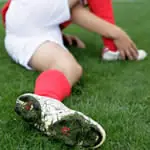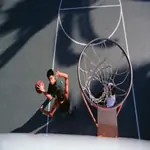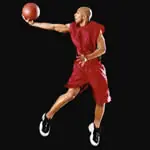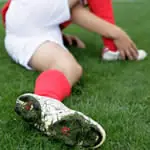In a developmental basketball program for boys and girls under 13, coaches should be committed to helping boys and girls to learn how to play. Consequently, the guiding principle for coaching basketball at this age level should be helping players to learn, not managing them to win.
Helping Players
Because the most effective way to learn is by doing, youngsters should begin playing as soon as possible. The only prerequisite is that they can run, jump, and throw and catch a ball. It is very likely, however, that they will not play well at first. Hence, the value of practice. The more they play, the more they will improve.
Initially, most if not all practice time should be devoted to team play. As the boys and girls become comfortable playing within defensive and offensive frameworks, they should begin improving their individual and one-on-one skills. When team play is introduced first, youngsters can more easily understand how the various individual and one-on-one skills relate to team play, and how improving these skills will improve their team play.
Because they will likely play badly at first, it is very important that coaches accept poor play with grace, understanding, patience and humour, and offer encouragement and appropriate feedback. Seeing this reaction, the players will persevere.
Coaches should also encourage boys and girls to strive to win, that is, to play with intensity and enthusiasm. Equally important is helping them to develop the ability to temper their enthusiasm and intensity with intelligent decision-making. Thus, the players' creed should be, "Play Hard, Play Smart."
Finally, in this developmental approach, the purpose of games is to demonstrate what the boys and girls have learned, not whether they won or lost.
Managing Players
Coaches should remember that they are dealing with boys and girls who want to learn how to play. To become players, they need to learn a wide range of team, one-on-one, and individual skills. Because in a developmental approach the object is to help them on their journey to becoming complete players, not role players, they should have the opportunity to play every position.
At some levels of play, certainly the professional level, it may be appropriate for coaches to "manage" players, that is, to use them to perform specific roles. The primary goal for coaches who are managers is to win. Consequently, they are looking for players who excel at fulfilling a particular role in a single position. Coaches who are managers have little time or interest in developing players. In the NBA, for example, players tend to be specialists, point guards, off guards or shooting guards, posts, and power forwards.
How sad to hear a 10-year-old girl come home and announce that she is a power forward.







Discuss This Article